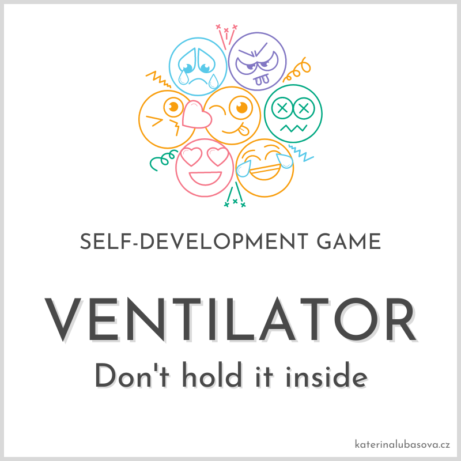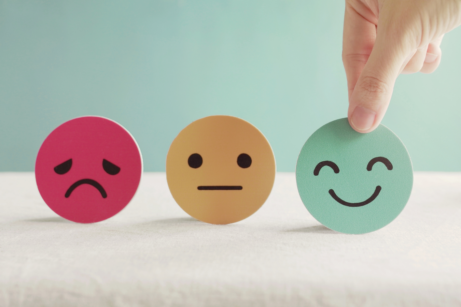BLOG
Indulge time for yourself and get inspired...
Self-compassion. What does it really mean and how to practice it?

Compassion takes different forms and we can show it to another person or, conversely, someone can show compassion to us. Whether it is compassion towards our loved ones, our colleagues or perhaps a person we meet on a train journey, in order to talk about compassion we must first notice that the other person is in some kind of trouble or pain, we try to empathise and understand. And in the final stage, we show our understanding and compassion and show that we are sincerely inclined to help him. Maybe by just being there with him and his feelings, accepting them for what they are, or maybe giving him a hug. After showing our compassion, the other person is usually more or less relieved. And we ourselves are overwhelmed by the warm feeling of helping the other person.
Beware of pity
The challenge is that when we don't have our "own batteries" recharged, we don't even have the energy for compassion and instead we show pity. I'm sure you can recall moments when the other person says, don't feel sorry for me. In this case, we distance ourselves from the sufferer's feelings and do not want to understand them. In addition, the other person may feel that we are also speaking to them from a position of power and the overall situation comes across negatively.
Give yourself compassion too
We humans are social creatures, and it is therefore only natural that we show compassion and understanding to those around us. Sometimes from our side it can take the form of a conversation, other times it is enough to just hug the other person and be in the present moment with them. However we show compassion, we must not forget ourselves. Otherwise, we will be providing compassion to others at the expense of our own emotional well-being and energy. So-called self-compassion is a good thing to indulge in, especially at times when we are suffering, feeling like we are failing or not good enough. But unfortunately, instead of self-compassion, many people ignore their pain or criticize themselves even more for it.
If you only show compassion to others and deny it to yourself, you may then seek it externally. And in the event that you do not receive it, feelings of suffering come. Awareness of this context is especially important for people in helping professions. For them, the expression of compassion is a daily occurrence.
It is therefore important to be aware of and accept your own feelings. The least you can do for yourself is to ask yourself how I feel and accept your feelings. Perhaps by giving it a moment's attention.
Practical exercises
The following short exercise can be practiced when you feel unwell and need compassion. You can find a quiet and safe place, but you can also use the exercise when you have nowhere to hide. Answer the following questions:
1. What's happening to you in this situation right now? Describe it to yourself.
Answer....................
2. How are you feeling? Tell yourself the truth about your feelings, are you afraid, afraid of abandonment, feeling helpless...?
Answer....................
3. Recognize that you are human and that it is perfectly natural in your situation to feel this way. Tell yourself that.
4. Ask your feeling what it needs from you right now?
Answer....................
5. In which part of your body do you feel tension? Touch it. Breathe and focus on that breath for a moment. You can even hug yourself.
Answer....................
6. What do you need from yourself at this moment?
Answer....................
7. Let yourself know that you are there for yourself right now. For example, you can say to yourself, "I'm here with you and your feelings, I'm not going anywhere, we can do this together."
Compassion is the practice of good will, not good feelings. The important thing to remember is that practicing self-compassion means that you feel all your feelings. That is, both the pleasant ones and the unpleasant ones. You try to perceive how you feel, you are an understanding support for yourself. And you are willing to feel your feelings honestly.
All information provided in the article is based only on my own experience and the experience of my clients. I am not a doctor and my texts are not intended to replace medical care in any way. If you are an expert in this topic, please contact me. I would like to know more and pass this information on to my readers.



